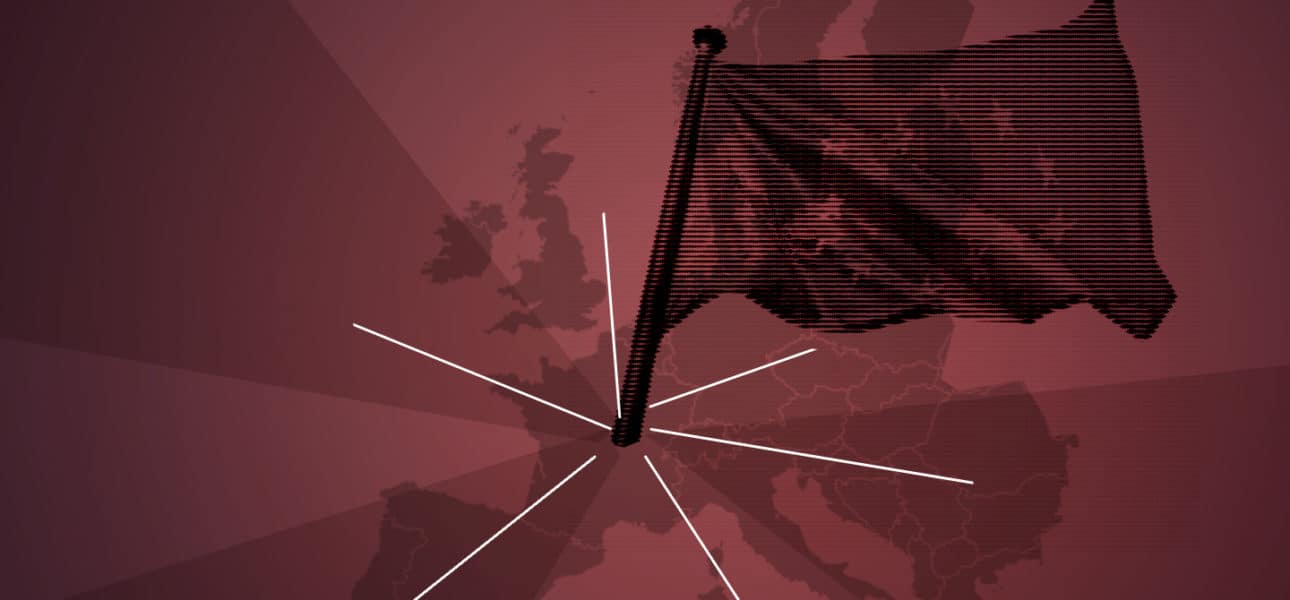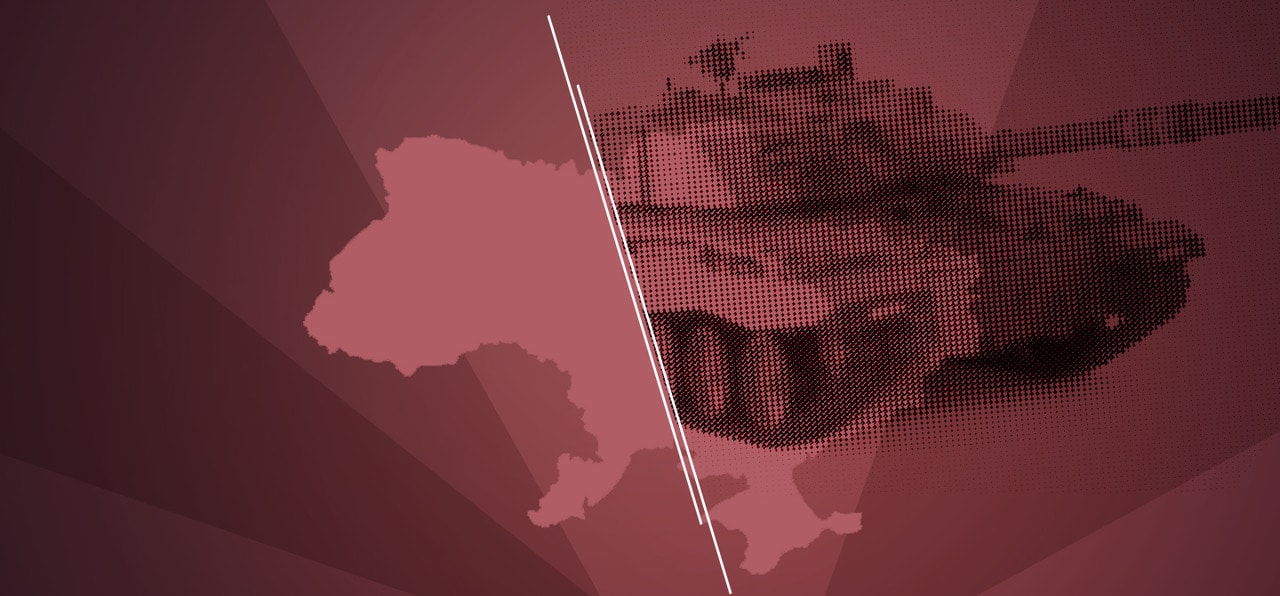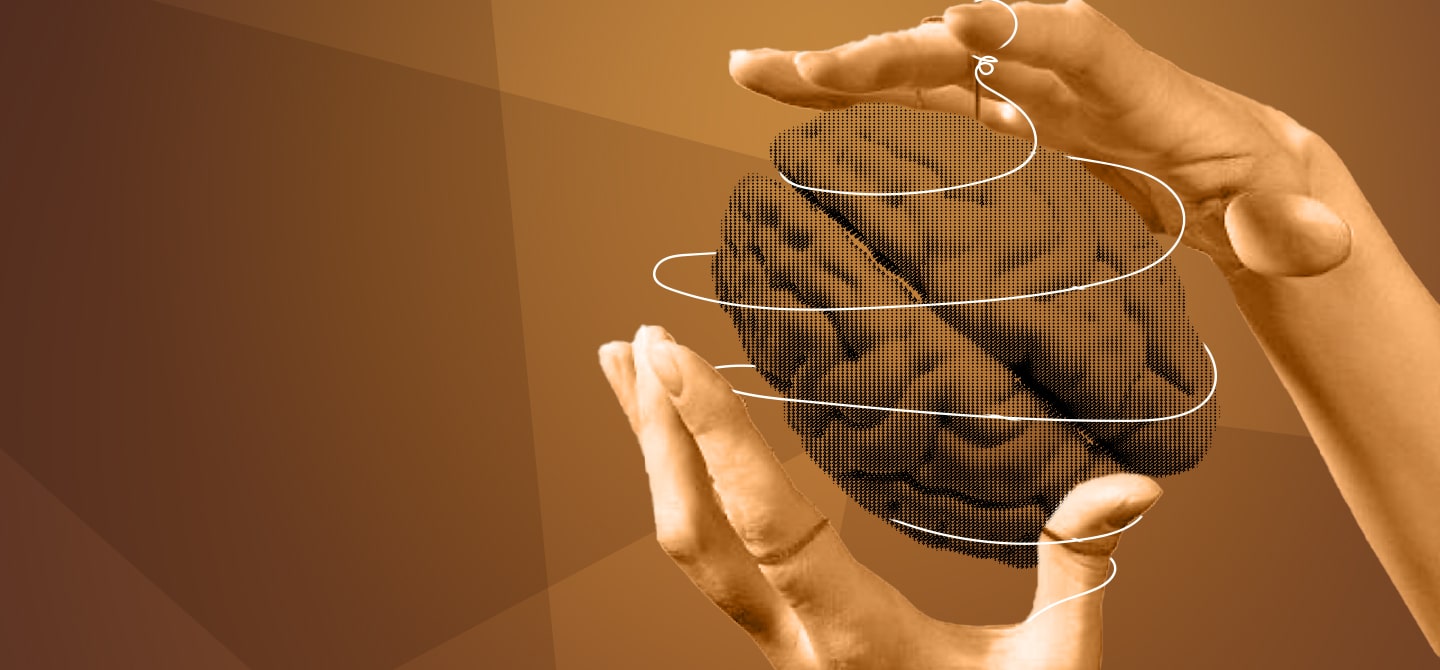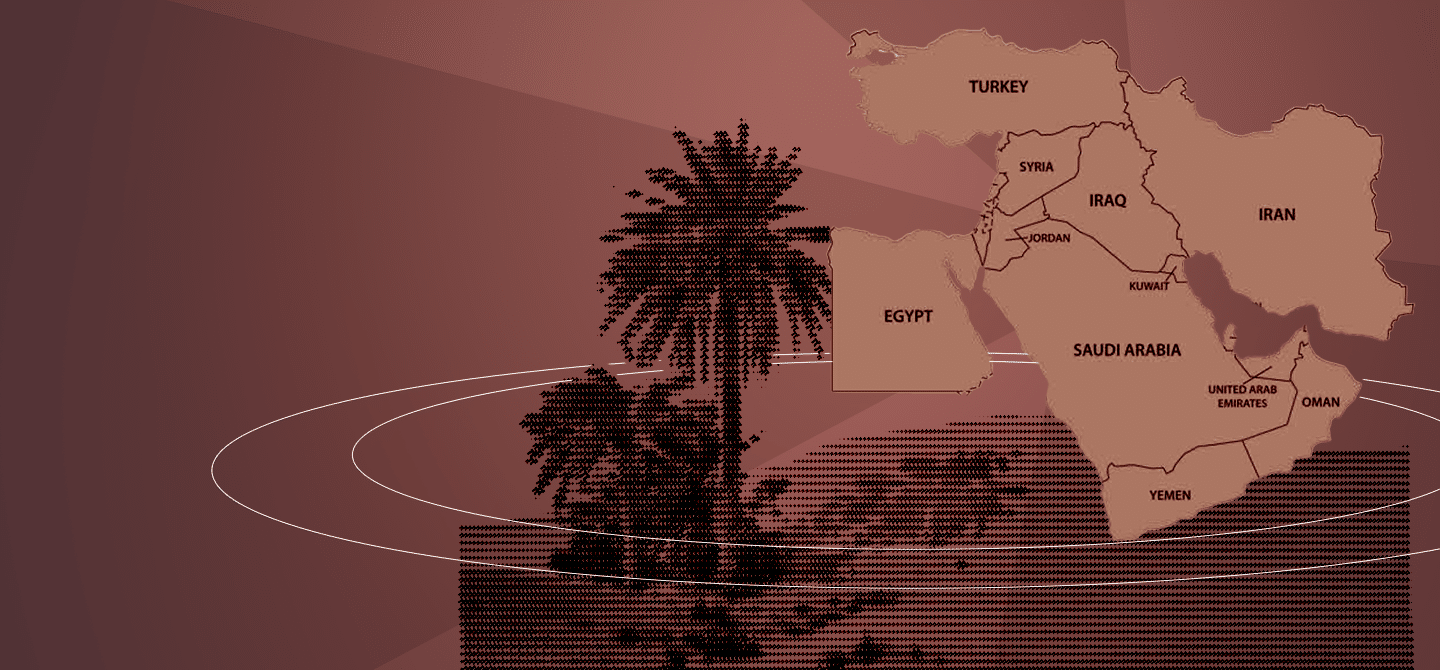Until the last few weeks, the “strategic autonomy” advocated for in Paris had little success with other European countries. Why ?
The ideas presented by President Macron in September 2017 in his Sorbonne speech regarding European strategic autonomy, were the product of current events. The presidency of Donald Trump had brought about a change in the strategic vision of the United States, which had begun with Obama. We were entering a world where, due to the growth of China and a hardening of international relations, the complacency of Europeans regarding international problems could not last.
Because of this situation, President Macron Europe said Europe had to wake up. But when a proposal is made by Paris, it is often greeted with a certain amount of mistrust. There are several reasons for this. On the one hand, there is a certain pomposity that is characteristic of French debate, and which is poorly understood outside France. Secondly, there is a distrust that exists everywhere in Europe (and even more so in the United States): every time a suggestion on international policy comes from Paris, it is interpreted in a neo-Gaullist sense. The French must be aware of this. The word “autonomy” used by Macron has been widely interpreted in this way outside France, which has made the discussion more difficult.
But this mistrust of the French proposal hid another problem : some Europeans, notably Germany and Italy, were living in complacency and denial. They considered that the international system was safe, that if there were any dangers, we could count on the Americans, and that our interest was above all to look after our economic and commercial interests, including with Russia and China.
Under these conditions, it is not surprising that countries that had a much more precise perception of threats to their security, such as Poland, the Baltic countries, or the Scandinavians, could find the European Union of little use from a strategic point of view, which further strengthened their attachment to NATO. With the Biden administration, reassuring messages began to multiply, which certainly helped to lighten the atmosphere. But the misunderstandings did not disappear. All these misunderstandings have been swept away by the current crisis.

How has this crisis changed the game ?
It has shown two things. The first is that Putin’s real interest is not NATO, which is just a pretext for the whole operation. His real interest is, on the one hand, to re-establish a sphere of influence beyond Russia’s borders and to re-establish what can still be saved from the Soviet empire. And, on the other hand, to avoid the democratic contamination coming from his neighbours, at all costs. But the fact that between Ukraine and Russia there are, as he insists on reminding us, deep historical, ethnic, and cultural links makes this danger of contamination even greater. If democracy were to succeed in Ukraine, inevitably the Russians would see it. So, for Putin, it is a question of survival. Everything could have been different if, after the fall of the Soviet Union, Russia had taken a different path. But it is not because of us that it could not do so. It was its internal dialectics that led it to replace communism with an autocracy, passing from Joseph Stalin to Joseph de Maistre.
The current crisis has also revealed that Atlantic unity and European unity were not contradictory, but on the contrary were closely linked. There is no European unity possible without Atlantic unity. And symmetrically, Atlantic unity is ineffective if Europeans are not united. This is an important lesson of this crisis.
It was not obvious, because mistrust did not disappear. Among the Europeans : did the Americans want to talk to the Russians over their heads ? The Americans, for their part, did not believe that the Europeans would be up to the task. Indeed, it was not easy to get the Germans and Italians to move. Finally, many people wondered why Macron was going to Moscow. All this, in a system that involves a number of democracies, was probably inevitable. But the result is extraordinary. Nobody expected such a strong consensus in such a short time. All those who expected purely symbolic sanctions should rethink their opinion.
And I would add that there is a game changer in what has happened in the last few days, when German Chancellor Olaf Scholz announced a spectacular increase in his defence budget. If Germany spent 2 % of its GDP on defence, its defence budget would far exceed that of Russia. Berlin’s change of course is fundamental : it can be compared to Helmut Kohl’s decision to give up the deutsche mark and join the euro.
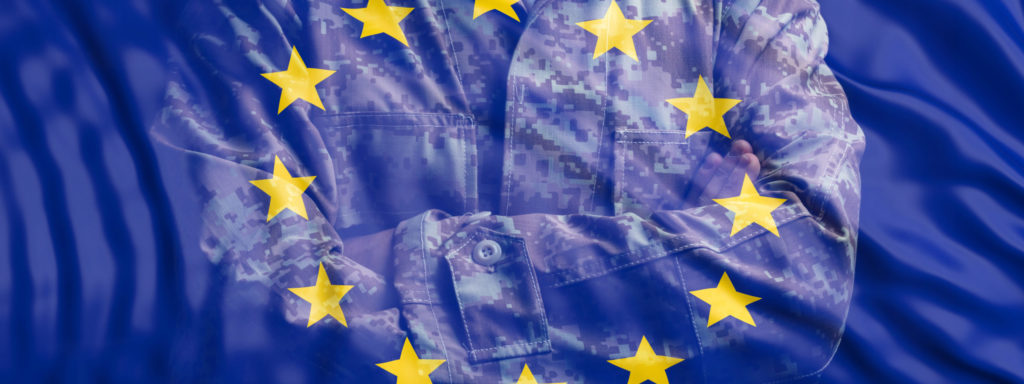
Will a defensive Europe finally come into being ?
It is now possible, and France has a particular responsibility here. When it comes to foreign policy and defence, because of its international position, its seat at the United Nations, its nuclear deterrent, France objectively occupies the same place as Germany in economic and monetary matters. There is a sort of leadership obligation on the French side. France must be able to remove the ambiguity concerning relations with NATO, which will not prevent us, depending on the circumstances, from asserting our interests with regards tothe Americans. However, this ambiguity must be removed, otherwise the European’s will struggle to reach a consensus.
Also, European defence will be difficult to create because it imposes industrial optimisations that are always difficult to negotiate. Therefore, I think that priority should be given to cyber defence. Russia has been giving us an excellent lesson in hybrid warfare for several years, with a continuity between false information, cyber-attacks and high intensity warfare. Cyber defence is a sector where Europe is lagging, even though it is a real common interest. Moreover, we know that digital technologies are « dual », with civilian and military uses : there is therefore an objective, strategic but also economic interest.
Finally, it will undoubtedly be difficult to achieve unanimity quickly, but a hard core will be needed. In addition to France and Germany, it should include at least Poland, Italy, and Spain, but also Sweden and the Netherlands. Poland becomes a key country here, which can help us to resolve the other disputes we have with it. This opportunity has never been presented before, and the window may close again because the international situation may worsen, the United States will enter a situation of internal difficulties, polarisation and all our countries are facing economic and social problems. So, we must exploit it.




